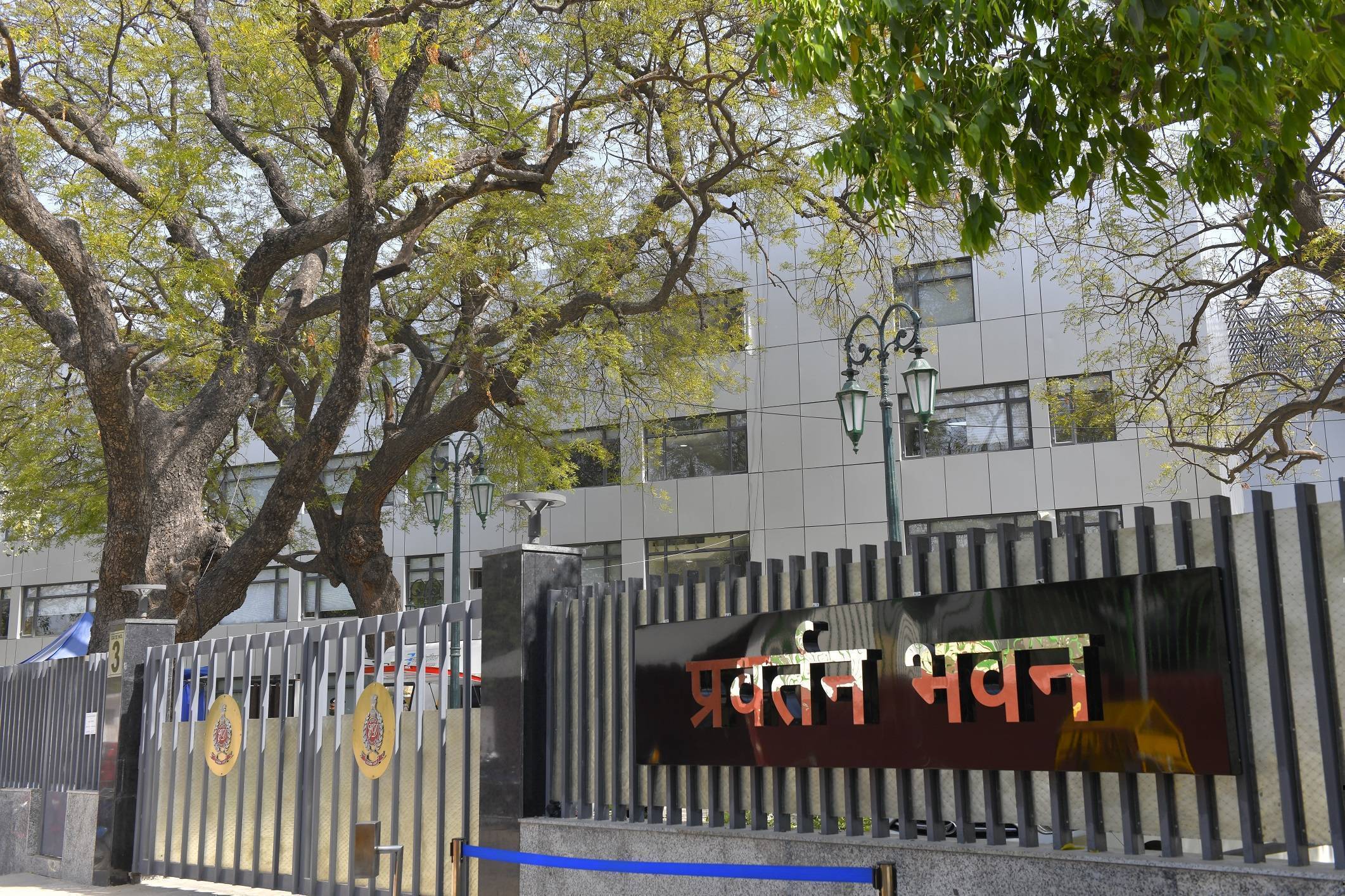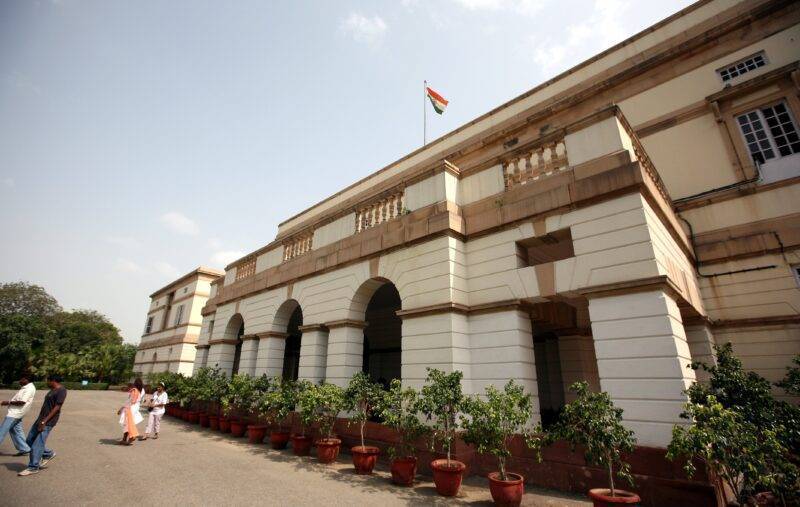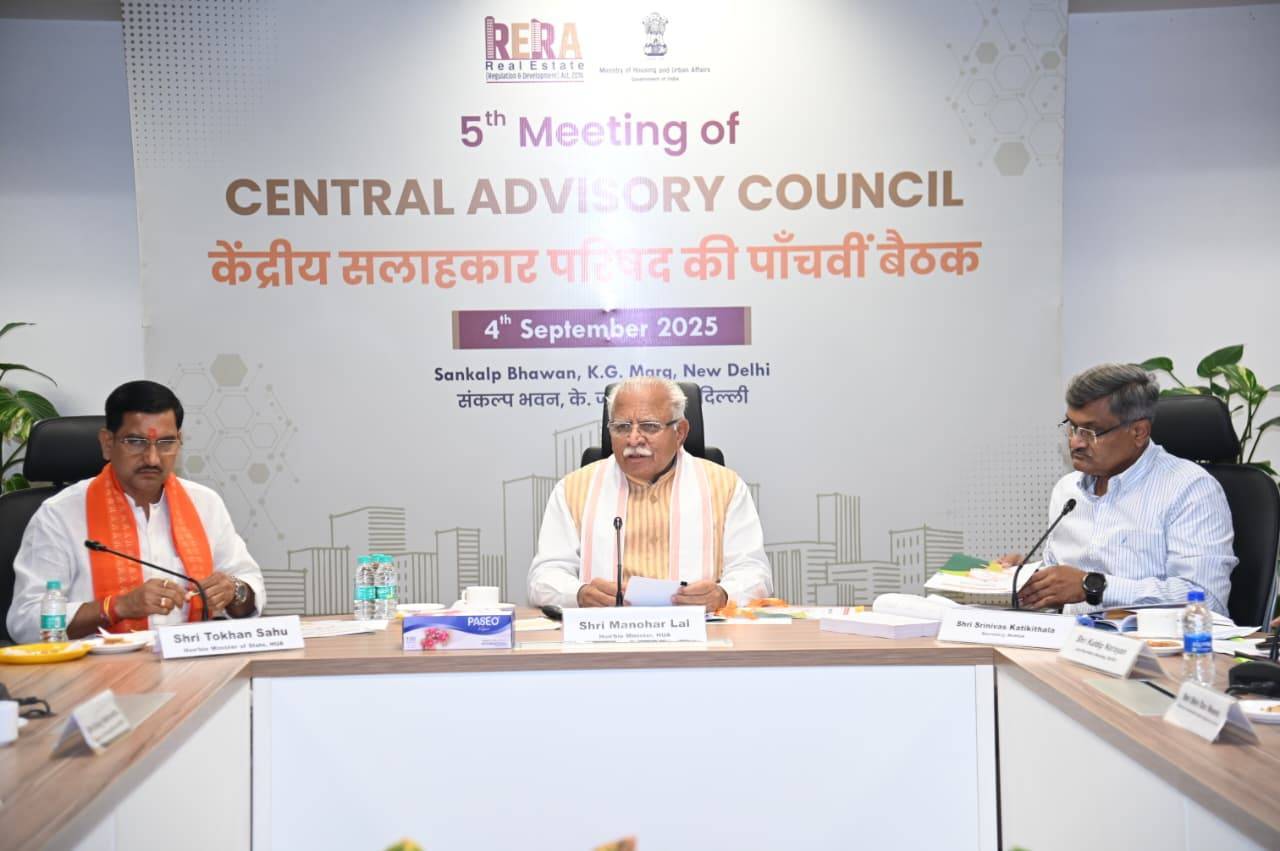The Enforcement Directorate (ED) has revealed a case of alleged land fraud in Nagaram village, Hyderabad, involving the misuse of the state’s Dharani Portal, an integrated land records management system. The investigation found that the portal was manipulated to acquire and sell government land fraudulently, using a false affidavit to establish succession rights.
According to ED documents, one Khader Unissa submitted an affidavit on the Dharani Portal claiming to be the sole legal heir of her father, the late Nawab Haji Ali Khan. The claim was inaccurate, as records confirm that Ali Khan had two sons, Farooq Ali Khan and Akbar Ali Khan, in addition to daughters. Despite this, the affidavit was accepted without verification by the jurisdictional tahsildar, enabling fraudulent succession.
The probe further revealed discrepancies in the supporting documents. The succession summary included an Aadhaar number for Ali Khan, who had died in 2006, four years prior to the introduction of Aadhaar in 2010. This indicated that the records were either fabricated or backdated to facilitate the fraud.
Middlemen played a central role in managing the submission process. Statements recorded by the ED point to the involvement of brokers Mohd. Abdul Rahman Sharfan and Akhtar Sharfan. Mohd. Munawar Khan stated that Abdul Rahman’s brother, Akhtar, filed the applications on his behalf and managed forged succession documents.
An earlier application had been rejected by the collector with the note “Details not tallied.” Nevertheless, a subsequent application was accepted, indicating that verification protocols were bypassed. The ED noted that a forged letter, allegedly issued by the Telangana Bhoodan Yagna Board, was used to remove the land from the prohibited list under Section 22A. However, the board later confirmed that the land remained classified as Bhoodan land, exposing the manipulation.
Revenue officials did not verify the authenticity of the affidavit and supporting documents. The reliance on offline verification checks proved to be a weak link, allowing the fraudulent succession to be approved. Based on this approval, the land was mutated in Unissa’s name. Subsequently, Unissa and her son, Munawar Khan, executed a partition deed and sold the land through 11 registered sale deeds to private parties, generating over ₹17.50 crore in proceeds.
The ED’s probe highlights systemic vulnerabilities in the Dharani Portal and the land record verification process. The agency has attached the property provisionally as part of the investigation and is examining the roles of all individuals involved, including brokers, middlemen, and officials who failed to enforce verification procedures.
This case adds to a series of investigations into land fraud in Telangana and across India, underscoring the need for stronger regulatory oversight, verification mechanisms, and auditing processes in digital land management systems.
Image source- enforcementdirectorate.gov.in









.png)